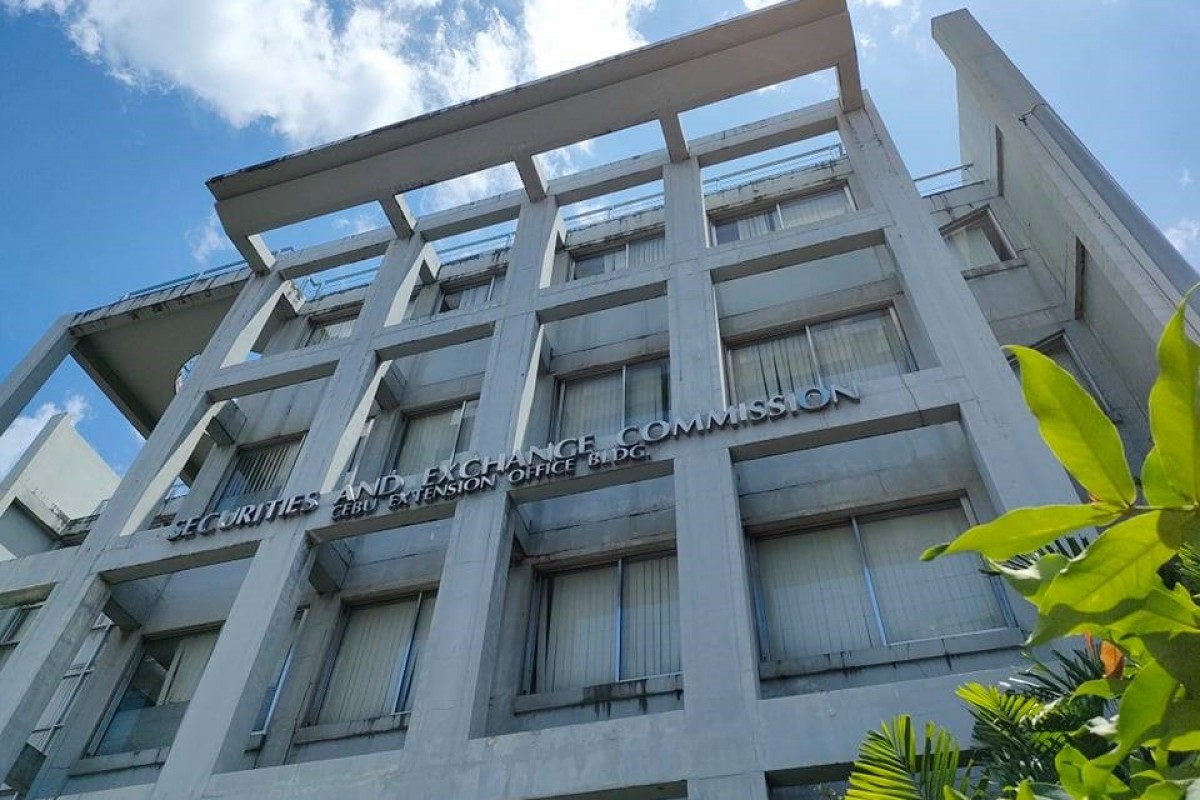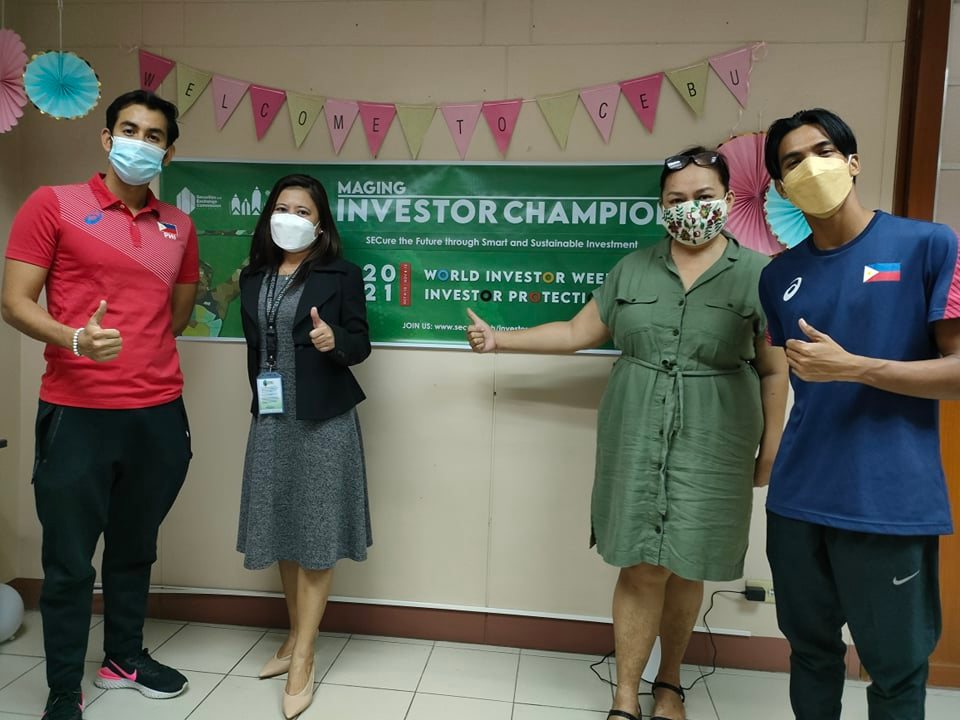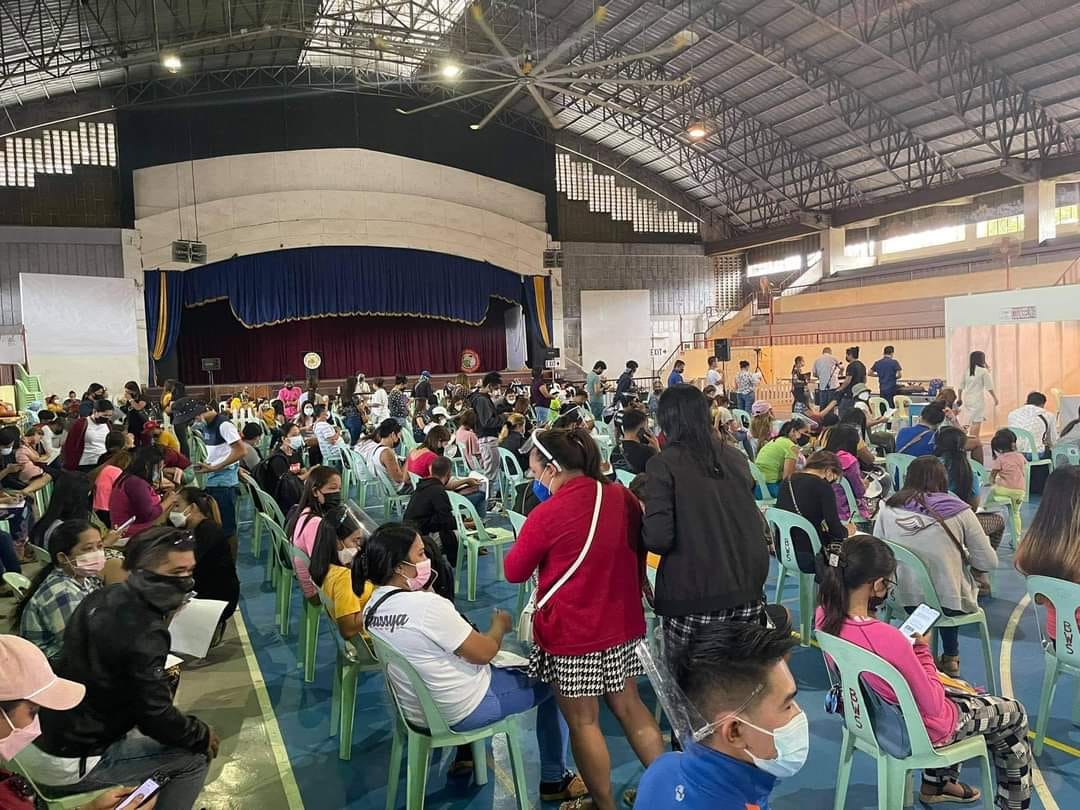The Securities and Exchange Commission-Cebu Extension Office has expressed support to Bohol Gov. Arthur Yap for his initiative in helping the victims of the Repa scheme get justice.
In an advisory, SEC Cebu Extension Office officer-in-charge Atty. Alma Marie Estrada-Dalena said “we are supporting the efforts of the Provincial Government of Bohol in order to bring justice to the people who have been victimized (by the Repa scam).”
As of Oct. 18, 2021, 19 individuals went to Bohol Wisdom Gym to seek legal assistance with total claims amounting to P59 million, a post from the Facebook account of Gov. Yap showed.
Yap issued Executive Order 49 on Oct. 10 creating a task force designating the National Bureau of Investigation and the Criminal Investigation and Detection Group to investigate the matter while its provincial legal office set up a help-center to assist victims.
The scam takes off from the “paluwagan system” common amongst small groups in communities, organizations and even offices where group members share in money amongst themselves and then lend this amongst group members on a rotation basis.
In the Repa scheme, “administrators” and “sellers” communicate with their victim-buyers through Facebook, Messenger or other chat groups and personal transactions and offering them “limited slots” for investment packages.
A buyer may invest P50,000 promising a return of P20,000 or an equivalent of 40% interest rate of return in just a period of two weeks. Other slots are also offered from P1,500 to P48,000.
“We continue to support the efforts of Gov. Yap to bring justice to the people of Bohol and we also offered to coordinate with BIPC (Bohol Investment Promotion Center) to conduct webinars so we can inform the public of what to watch out for when confronted with investment scams,” Dalena said.
SEC Cebu has conducted several seminars pre-Covid 19 in Bohol but the continuing victimization of its people only shows the need to further educate the public on investment scams.
Scammers are now more creative and have used different strategies to lure people, she said.
On Oct. 12, the Commission declared that the manner the Repa scheme has spread in Bohol, Davao, Bukidnon, and Cebu is akin to a Ponzi scheme.
Ponzi scheme is defined as an investment fraud that involves the payment of purported returns to existing investors from funds contributed by the new investors.
They often recruit new investors by promising to invest their funds in opportunities claimed to generate high return of investments.
Once difficulties arise in recruiting new investors or a large number of investors will opt to cash out, the Ponzi scheme will collapse and the new investors at the bottom of the line will no longer receive their returns.
Further, based on investigation of the Commission, Repa “does not appear as a registered corporation or partnership.”
Dalena reiterated that the public should be made aware that “if a promise is too good to be true then it probably isn’t” is still the best counsel that the public should follow.
The SEC has been in the forefront in raising public awareness against investment scams especially amidst the pandemic where people can get easily swayed with promises of easy money due to lack of income.
In 2019, the Kapa Community Ministry International posing as a religious charity was exposed as a Ponzi scheme after swindling millions of Filipinos and amassing billions of pesos.
Kapa promised investors of at least 30-percent return in their contributions.
Recently, a Cebu City-based beauty, cosmetic, and personal care firm named SCET Colleens was found to be soliciting money from investors using a fake secondary license from SEC.
After it was reported to authorities for unclaimed returns, it decided to fold up and disappear. (PR)




